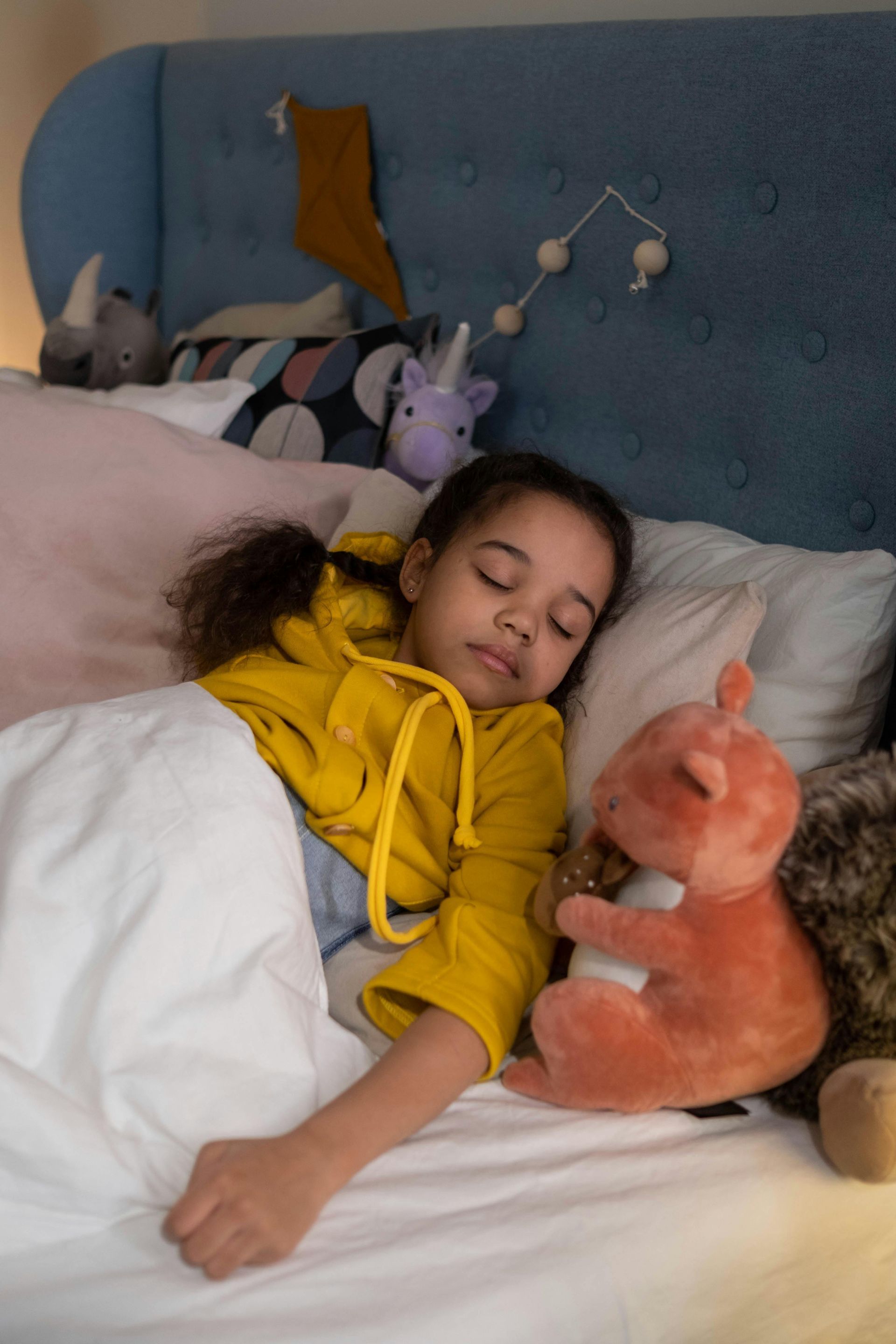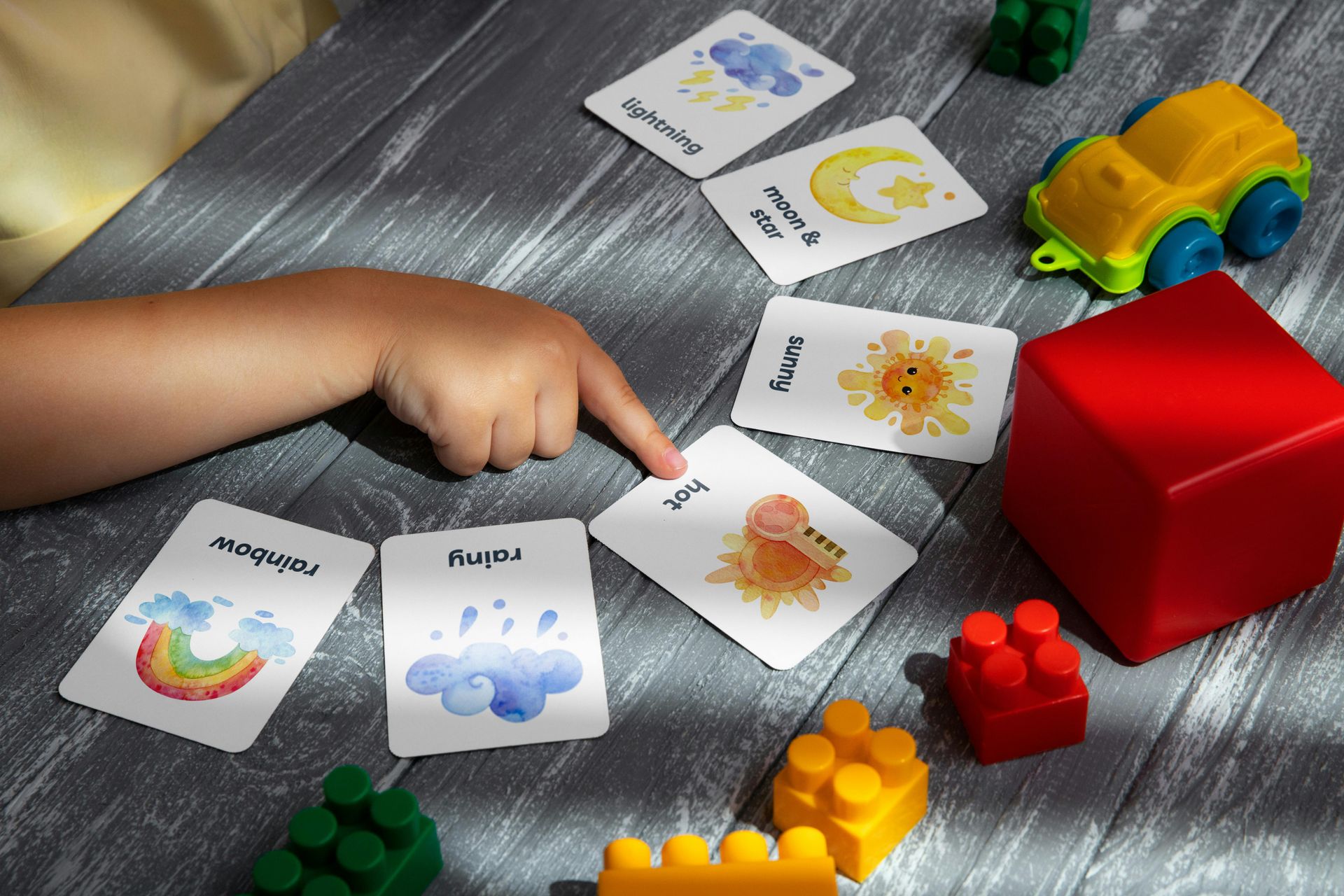Focus and Concentration in Children with Autism
Focus and Concentration in Children with Autism

While it is true that anyone can have trouble focusing, it is especially common for children with Autism Spectrum Disorder (ASD). This can be frustrating for the child and
for anyone who is trying to teach or otherwise keep a child’s attention. So what does brain research tell us about why autism makes it so hard to focus and what can be done about it?
Every human brain—even those with ASD—possesses a very special quality called neuroplasticity. This is the ability of the brain to grow new cells or improve existing cells
in order to learn to do things it was previously unable to do. Neuroplasticity means that we can think of the brain like a muscle that requires exercise to grow and develop. Like any skill, concentration must be practiced, but with practice, children of all abilities and developmental levels, can increase their stamina and capacity for focus.
A brain affected by autism, or otherwise neurodivergent brain, has the deck stacked against it, so to speak. These individuals experience varying degrees of distraction due
to sensory input, other environmental factors, or hyperfocus on specific subjects of interest. However, it is still true that they may improve their concentration with practice
and perhaps a little strategy.
Harness the power of your child’s unique interests
You’ll find that children in general have a much easier time attending to a task when it involves something they really like. Notice what topics or objects really draw your child's attention, and then use it!
Improve the environment
Practicing controlling their body, mind, and emotions in a calm and controlled environment will help your child learn endurance for other less conducive environments.
Set aside time for reading
Reading is a great way to practice focus. Reading to your child allows them to practice listening and paying attention to the story. Ask questions about the story to ensure they were focused and understanding what they heard.
For older children, reading to themselves also allows for an opportunity to build stamina
for sustained concentration. Start small and build up to longer periods of reading. Having them read aloud helps keep children focused on the task more so than silent reading.
Take breaks
Breaks are a vital part of learning how to focus. Focus and concentration cannot last forever, nor should they. It is important to allow the brain to rest and reset. Stretch
breaks or fidget breaks may allow your child to take a break while still attending to the task at hand.
Break it down
Teach your child how to break a large task into smaller, more manageable chunks. A book is broken into chapters. A chapter could be broken into pages or even paragraphs. When starting out, consider baby steps, and present your child with small tasks to build confidence and momentum.
Training the brain to focus is well worth all the time and effort it will take. By helping your child grow their ability to focus, you are setting them up for future success in all areas of their life.
Positive Reinforcement provides in home ABA therapy services to Richmond Virginia, Somerset Kentucky and surrounding areas










